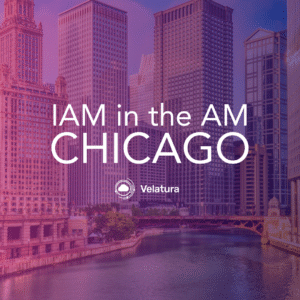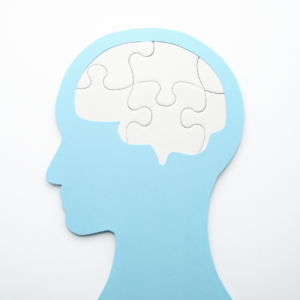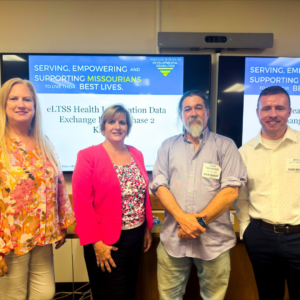By Prashant Natarajan | Chief AI Officer
Velatura Public Benefit Corporation successfully hosted the AI First for People community event on September 18th at the Caroline Kennedy Library in Dearborn Heights, bringing together approximately 40 community members to witness groundbreaking artificial intelligence technology designed to eliminate language barriers in healthcare for Arabic-speaking communities.
The event, sponsored by J&B Medical, featured presentations and demonstrations that showcased the revolutionary Consent Manager+ technology and its potential to transform healthcare accessibility for Southeast Michigan’s nearly 200,000 Arabic speakers.
Addressing Critical Healthcare Barriers
The evening’s presentations highlighted concerning statistics that underscored the urgent need for innovative solutions. Recent survey data revealed that 48% of adults with limited English proficiency experienced language barriers in healthcare settings over the past three years, with 34% struggling to fill out healthcare forms and 33% having difficulty communicating with medical office staff.
These barriers pose serious risks, as language obstacles can lead to misdiagnoses, medication errors, and inadequate treatment outcomes, challenges that Dearborn’s Arabic-speaking population faces daily.
Technology Demonstration and Workshop
The centerpiece of the event was an interactive demonstration led by Amber Weeks, AI Program Manager, who guided attendees through hands-on experience with Consent Manager+. The technology, built using custom-trained AI models from the open-source Falcon Large Language Model, provides authentic Arabic-English healthcare interactions that preserve both medical accuracy and cultural context.
Weeks facilitated a workshop that allowed all 40 attendees to try the technology firsthand, witnessing how the AI system could facilitate more effective communication between Arabic-speaking patients and healthcare providers. Unlike traditional translation services, this technology incorporates Reinforcement Learning with Human Feedback to deliver culturally authentic interactions.
Selecting the Right AI Foundation
We evaluated multiple models to find one that would meet the cultural and community needs of Arabic-speaking populations. The open-source Falcon LLM emerged as the optimal foundation because it allowed us to fine-tune and optimize the models for this specific purpose—preserving cultural context while maintaining medical accuracy.
This thoughtful approach to model selection reflects Velatura’s commitment to building AI solutions that adapt to people rather than forcing communities to adapt to technology.
Leadership Perspectives
Dr. Tim Pletcher, DHA, Chief Executive Officer of Velatura, presented the company’s “AI First for People” philosophy, emphasizing that Velatura believes technology should serve people – not the other way around. “This technology changes how Arabic-speaking communities interact with their healthcare providers while establishing Michigan as a hub for health AI innovation,” Dr. Pletcher explained.
Stephen Shaya, M.D., Executive Servant Leader of J&B Medical, shared his family’s generations-long dedication to healthcare, beginning with his grandmother’s work as a midwife in Iraq.
He emphasized their commitment to putting the “health back in healthcare” by making it more affordable and accessible – a mission that aligns perfectly with Consent Manager+’s goals.
I walked attendees through how our custom-trained models, fine-tuned from the open-source Falcon LLM, create a new standard for multilingual healthcare AI. This isn’t just about better translation – it’s about building AI-first solutions that preserve cultural context while maintaining medical accuracy, truly serving people rather than forcing them to adapt to technology.
Community Impact
The enthusiastic response from attendees validated the community’s readiness to embrace AI-powered solutions that address real-world healthcare challenges while respecting cultural nuances. The successful event marked the beginning of a broader initiative to expand access to quality healthcare for Arabic-speaking communities throughout Southeast Michigan and beyond, with plans to extend the technology’s reach to other Arabic-speaking populations globally.





